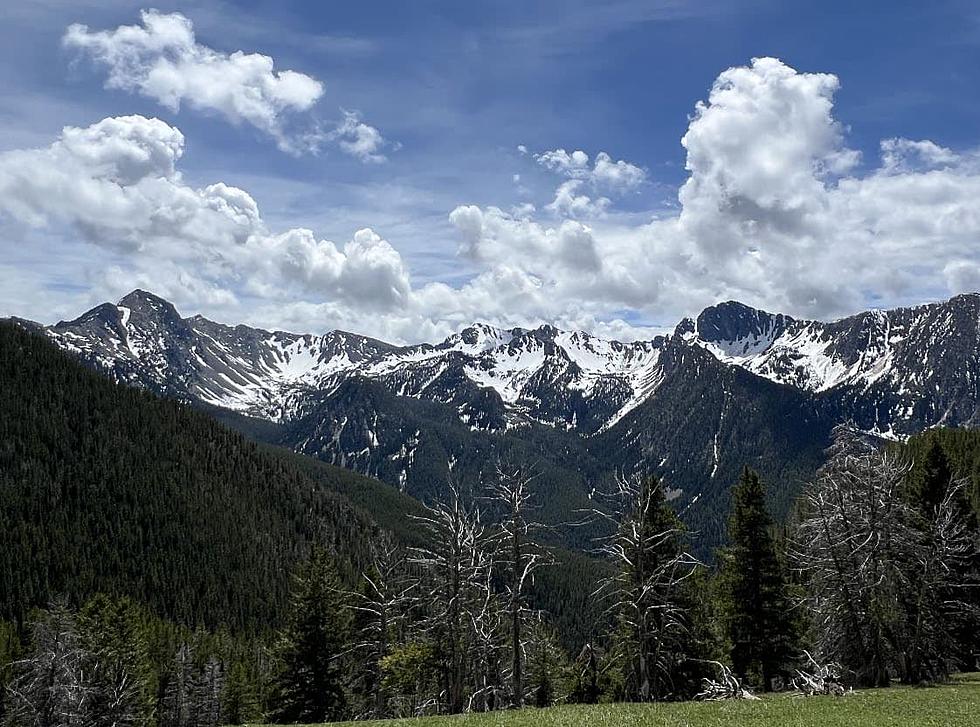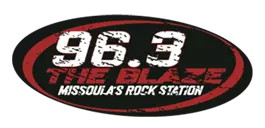
Where Did the Montana Snow Go, and Will We Have Enough Water?
It seems like an age since we were complaining about 20-below mornings, and the most snow some towns like Missoula had since the big Blizzard of '96.
However, in typical Montana fashion, what looked like snow that would never go away has done just that, with the latest runoff forecast showing a warm May has erased what should have been a bonus in water supplies for this summer.
The latest report from researchers at the USDA Natural Resources Conservation Service (NRCS) confirms that the early arrival of 80, and even 90-degree weather has taken the snowpack back down to "below normal" marks in many Montana river basins.

Some locations "melted out" 10-20 days earlier than normal
“If it seems to you like the snow disappeared quickly this spring, you are not wrong,” said Eric Larson, NRCS Water Supply Specialist.
Larsen says that melt happened as May started, repeating again by the middle of the month, with some of the high-elevation stations recording temperatures up to 70 degrees.
"Many SNOTEL stations across Montana experienced daily minimum temperatures above freezing for extended periods of time during May, which is what accelerated snowmelt to above normal rates,” said Larson.
Some mountain locations are already "snow free"
At the beginning of May, many of the basins were showing "near normal", or even "above normal" snowpack. But by mid-May, most reported "normal" to "50% of normal". It was worse in Northwest Montana, where the Kootenai and Saint Mary River Basin were already below normal. Southwest Montana has seen some snow retention along the Idaho border, and that will help for the upper Missouri basins, like the Jefferson, Madison, and Gallatin.
As many as 70% of the Snotel sites were already "snow free" by June 1st. That was confirmed by record streamflows on many rivers near Missoula, Butte, Helena, Bozeman, White Sulphur Springs, and Billings.
Will there be enough water for farms, ranches, and recreation?
It depends. NRCS says some rivers, like the Beaverhead, Ruby, Smith, Boulder (Jefferson), Musselshell, and Madison could be 120% of normal streamflow through September. But in Northwest Montana, including the Rocky Mountain Front, it's going to be dry. Forecasters say the Flathead River could have less than 60% of its normal water through the summer.
Continued rain in June will help
“Regardless of location, above normal precipitation would be ideal in June before heading into the drier months of summer, especially given the rate at which the snowpack melted out this year,” said Larson.
READ MORE: Full Montana runoff report
